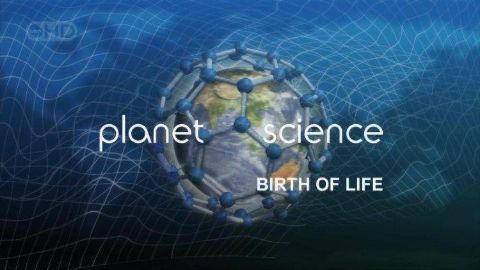What is our Future? • 2014 • episode "S1E5" • Human Universe
In a powerful conclusion, Brian pieces together this story of creation that started with what Einstein called the 'happiest thought of his life' - the moment that he realised that gravity was far stranger than anyone had imagined. In an incredible experiment inside the largest vacuum chamber, Brian reveals how Einstein formulated a new theory of gravity, which ultimately took us back to the big bang. And how in doing so, we humans found our true place in space and time.
Make a donation
Buy a brother a hot coffee? Or a cold beer?
Hope you're finding these documentaries fascinating and eye-opening. It's just me, working hard behind the scenes to bring you this enriching content.
Running and maintaining a website like this takes time and resources. That's why I'm reaching out to you. If you appreciate what I do and would like to support my efforts, would you consider "buying me a coffee"?
Donation addresses
BTC: bc1q8ldskxh4x9qnddhcrgcun8rtvddeldm2a07r2v
ETH: 0x5CCAAA1afc5c5D814129d99277dDb5A979672116
With your donation through , you can show your appreciation and help me keep this project going. Every contribution, no matter how small, makes a significant impact. It goes directly towards covering server costs.










